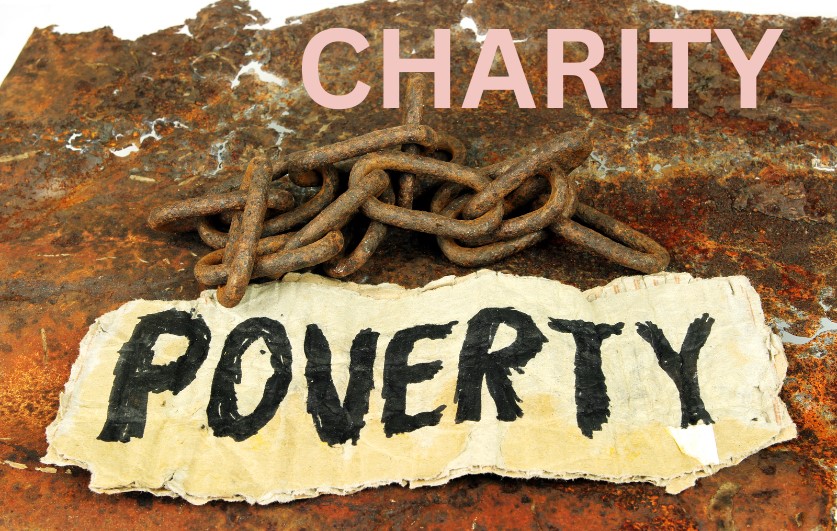By ChatGPT
While charitable donations and government welfare programs play a crucial role in providing immediate relief to individuals and families in need, their effectiveness in alleviating poverty in the long term remains limited. Addressing the root causes of poverty requires sustainable solutions that go beyond temporary assistance. In this article, we will explore why charitable donations and government welfare assistance, while valuable, are not sufficient to lift people out of poverty permanently.
Dependency and Lack of Empowerment
One of the main issues with charitable donations and welfare assistance is that they can create a sense of dependency among recipients. Continuous reliance on external aid can lead to a lack of empowerment and self-sufficiency, making it difficult for individuals to break the cycle of poverty on their own. Instead of fostering long-term independence, these forms of assistance may perpetuate a cycle of dependency that hinders economic mobility.
Limited Scope and Resources
Charitable donations and government welfare programs often have limited resources and are unable to address the complex and multifaceted nature of poverty comprehensively. While these programs can provide immediate relief, they may not offer sustainable solutions that address the underlying causes of poverty, such as lack of education, job opportunities, affordable housing, and healthcare. As a result, individuals may remain trapped in poverty despite receiving assistance.
Insufficient Focus on Education and Skill Development
Breaking the cycle of poverty requires investments in education and skill development to empower individuals to secure stable employment and improve their financial well-being. Charitable donations and welfare assistance, while valuable in meeting basic needs, often do not prioritize long-term investments in education and training programs that can equip individuals with the skills needed to escape poverty permanently. Without access to quality education and training opportunities, individuals may struggle to secure well-paying jobs and lift themselves out of poverty.
Lack of Systemic Change
Charitable donations and government welfare assistance typically focus on providing immediate relief rather than addressing systemic issues that perpetuate poverty. Poverty is often the result of structural inequalities, discrimination, and limited access to opportunities. Without addressing these underlying systemic issues, charitable donations and welfare assistance alone are unlikely to create lasting change. Comprehensive policies that tackle inequality, improve access to education and healthcare, and create economic opportunities for all are essential to break the cycle of poverty.
Conclusion
While charitable donations and government welfare assistance play a vital role in providing temporary relief to individuals in need, they are not sufficient to lift people out of poverty in the long term. To effectively address poverty, we need to focus on empowering individuals, investing in education and skill development, and addressing systemic issues that perpetuate inequality. By adopting a comprehensive approach that combines short-term assistance with long-term solutions, we can work towards breaking the cycle of poverty and creating a more equitable society for all.

